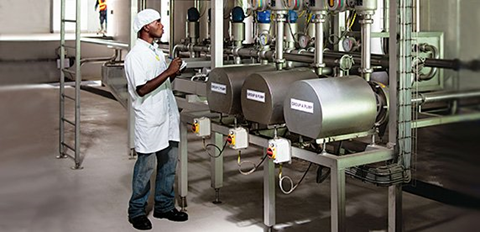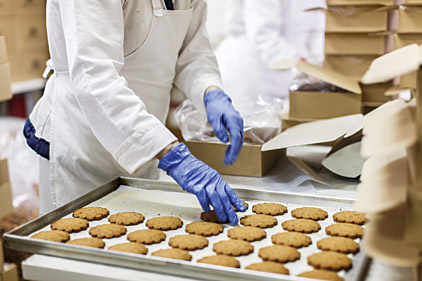Food safety refers to how food is handled during the preparation stage, when it is stored and how it is handled to avoid the dangers of illness or injury.
From the farm to the production line and to your plate, food products may come into contact with a variety of hazards to human health during their movement through the supply chain. Handling food with safe practices and procedures is applied at each stage of the life cycle of food production in order to curb this risk and prevent losses for consumers.

As a field, food safety pulls knowledge from different areas of expertise such as chemistry, engineering and biology. The different specialisms come together to ensure that the safety of the food processing is done in any food products that are sourced, produced, prepared, kept or sold. This means that the safety of food production can be dealt with in a systematic way including cleanliness and accountability regarding each individual aspect of the food industry across the world. For more information on the BRC Audit for food safety, visit a site like MQM, a leader in BRC Audit services.

Food safety legislation in a globalized world
Food products are one of the most traded commodities in the world. As the market becomes more international every year, and as the world population continues to grow, the global food supply chain will also carry on increasing, both in size and strategic planning. As these megatrends affect the mass production and distribution of food right across the globe, food safety compliance has never been more important.
